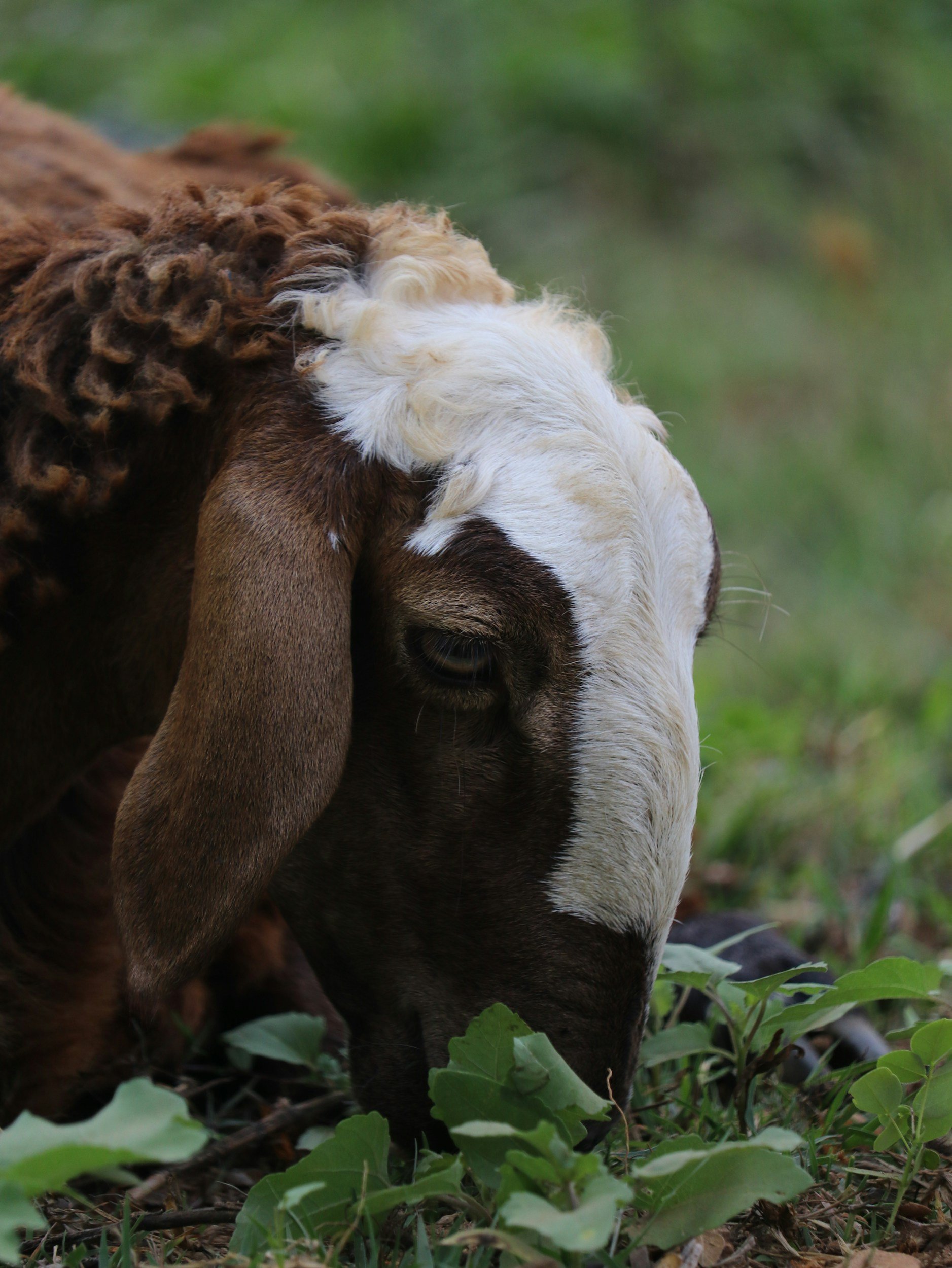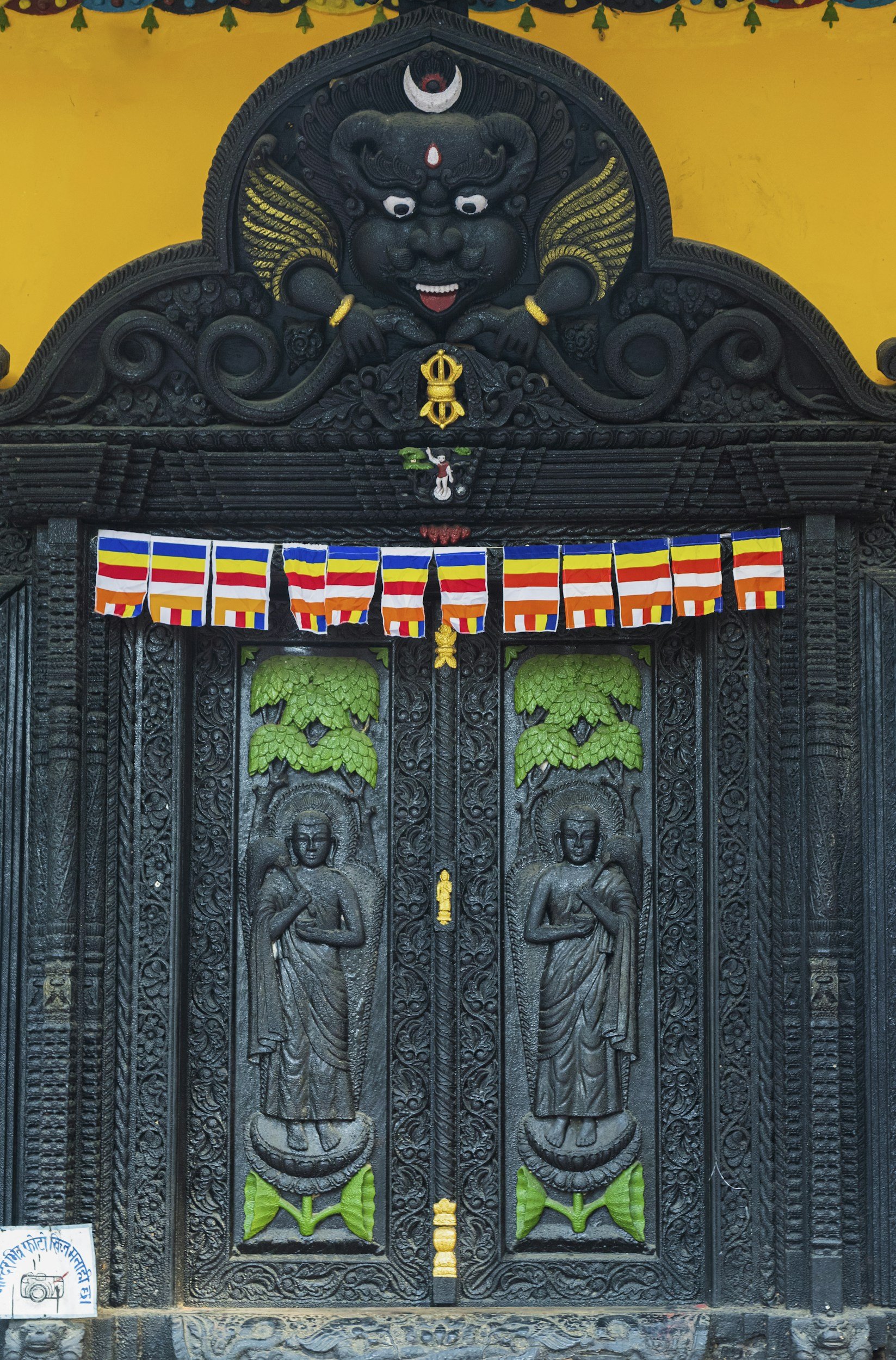4 Major Classifications of Myths According to Nze Chukwukadibia (Insights on Igbo Mythology)
In Igbo culture, mythology contains more than a collection of ancient tales; it’s an intricate archive of spiritual, cosmological, natural, and socio-political knowledge. Myths in Igbo society are articulate historical records, preserving truths and wisdoms embedded in symbols that speak to the origins, values, and functioning of our world. According to Nze Chukwukadibia Nwafor, there are four major classifications of myths in Igbo mythology: spiritual cum religious, cosmological, natural and socio-political myths. These myths, far from simple or decorative tales, serve as robust foundations for Igbo culture, capturing the intellectual and metaphysical pillars on which Igbo society stands.
Ancient Igbo societies viewed myths as essential knowledge systems, akin to the sciences, philosophies, and legal structures of modern societies. Through these stories, Igbo ancestors preserved their worldview and instructed their descendants, creating a multilayered matrix of wisdom that helped their society thrive and evolve. This post will cover these four classifications, highlighting how each contributes to the synchronistic whole that forms Igbo mythology.
4 Major Types of Myths
Spiritual and Religious Myths: Spiritual and religious myths in Igbo mythology serve as the spiritual backbone of the culture, narrating the foundational relationships between humanity and the divine. These myths recount the tales of deities, spirits, and ancestors. They offer guidance on the values and practices necessary for maintaining balance between the physical and spiritual realms. Through these narratives, Igbo people understand who they are in relation to their gods, the nature of the spirit world, and the consequences of moral and immoral actions.
These myths are sacred lessons embedded in stories to guide community norms and individual behavior. They emphasize respect for the divine and delineate a moral code that encourages people to live in harmony with each other and with their surroundings. These stories lay out cosmologies of gods, ancestors, and supernatural forces, articulating the principles by which the society’s spiritual and moral dimensions operate.
Cosmological Myths: Cosmological myths explore the origins of the universe, the earth, and the underlying principles of creation. To Igbos, these myths represent cosmogonic truths—the origins of life, humanity, and nature. Such myths reveal the metaphysical template upon which Igbo worldview rests, elucidating how various forces—both divine and elemental—collaborated to bring existence into being.
Often, cosmological myths are revered as the prime epistemic source of a culture’s sacred traditions. These myths go beyond explaining creation; they embody the relationship between people and their environment, as well as between the seen and unseen worlds. For instance, stories might explain how the earth and sky came to be separated or why certain rivers are sacred. Such narratives articulate not only how the universe was created but also why it functions as it does, instilling an understanding of balance, order, and the delicate interplay of all things.
In traditional Igbo society, these cosmogonic tales were often reserved for initiates, who would study these teachings in gradually unfolding revelations. Today, however, many of these myths are becoming more accessible, reflecting modernity’s influence and the increasing recognition of their value for all Igbo people.
Natural Myths: Natural myths in Igbo society explain the natural world—rivers, mountains, animals, plants, and other elements of the environment. These myths are both educational and functional, teaching people how to live in harmony with their surroundings and explaining the behaviors, significance, and spiritual dimensions of different natural phenomena.
Through natural myths, Igbo people understood the forces of nature as sentient, active participants in the tapestry of life. Trees could symbolize ancestors, rivers might be seen as sources of life and spiritual power, and animals could be seen as symbols of various virtues or warnings. These narratives offer respect and reverence for nature, urging people to treat it with care and honoring its essential role in sustaining life. For example, a myth about a specific tree might teach respect for ancestral spirits, or a story about an animal could caution people against certain actions.
Natural myths also highlight Igbo people’s awareness of environmental stewardship, emphasizing the need to care for their land, plants, and animals. Embedding this respect within our narratives have allowed Igbos use natural myths to communicate a lifelong ecological ethos to future generations.
Socio-Political Myths: Socio-political myths outline the ethical and moral principles that govern communal life. These myths are foundational to Igbo society, dictating laws, defining social roles, and guiding the political and social structure. They mostly involve allegorical tales about ancestors or revered leaders who set the standard for behavior, justice, and social organization. Through these stories, Igbo people learned about honor, integrity, communal responsibility, and the consequences of failing to uphold societal norms.
In these myths, figures of great wisdom, courage, or justice are usually elevated as examples for others to follow, shaping the fabric of Igbo society. Socio-political myths address issues like justice, leadership, and conflict resolution, providing a moral code that served as the basis for customary laws. In this way, these myths were much like charters or constitutions that articulated the rights, responsibilities, and expectations of the community’s members.
Additionally, socio-political myths served as cautionary tales to prevent behavior that could disrupt societal harmony. Embodying these ideals in the form of memorable narratives enabled Igbo ancestors to pass down complex social rules and values in ways that were easily understood and internalized by all.
Myths as a Unified System of Knowledge
While each classification of myth serves its own distinct purpose, Igbos of the past did not see these myths as isolated tales. Instead, they viewed them as an interconnected system of knowledge, each type reinforcing the others to create a holistic worldview. Myths functioned as metaphysical blueprints that mirrored the complexity of the universe, the dynamics of the spiritual world, and the demands of communal life. They were not just recited for entertainment; they were life lessons, histories, and guides to personal and societal conduct.
Today, with the spread of modernity and globalization, many Igbo people are more familiar with external myths and creation stories than their own. The myths of the Abrahamic religions, for instance, have become widely known among Ndi Igbo, while traditional Igbo myths remain obscured or forgotten by many. This shift underscores the importance of reclaiming and celebrating Igbo mythology, not just as a record of the past but as a source of enduring wisdom that can still guide people in the present.
Final Thoughts
The four major classifications of Igbo myths—spiritual and religious, cosmological, natural, and socio-political—are foundational pillars upon which Igbo worldview was built. These myths capture the essence of what it meant to live as an Igbo person in a world alive with meaning, spirit, and duty. In a time when the richness of Igbo mythology is at risk of being forgotten, these narratives offer a window into a way of life deeply connected to the universe and all its forces.
For those seeking a deeper understanding of Igbo culture, returning to these myths can provide clarity, connection, and insight into the principles that shaped the lives of ancestors. Through them, Igbo people can rediscover a treasure trove of knowledge, one that illuminates the past, enriches the present, and can inspire future generations to walk in harmony with themselves, their society, and the world around them.
Recommended Resources:
Leopards of the Magical Dawn: Science and the Cosmological Foundations of Igbo Culture by Nze Chukwukadibia E. Nwafor (Book)























